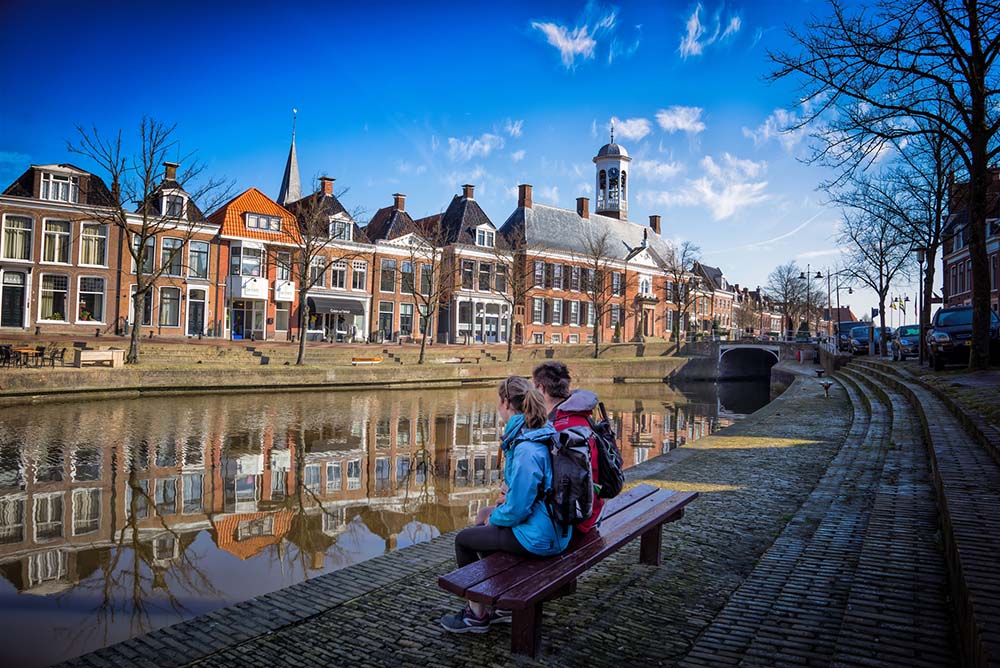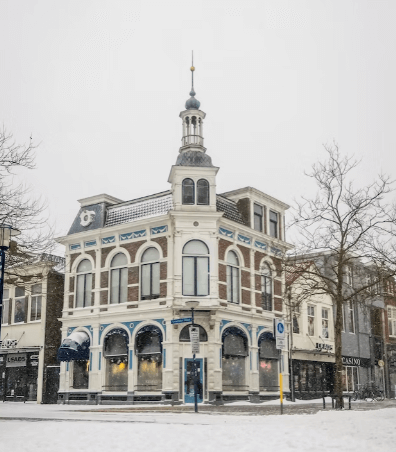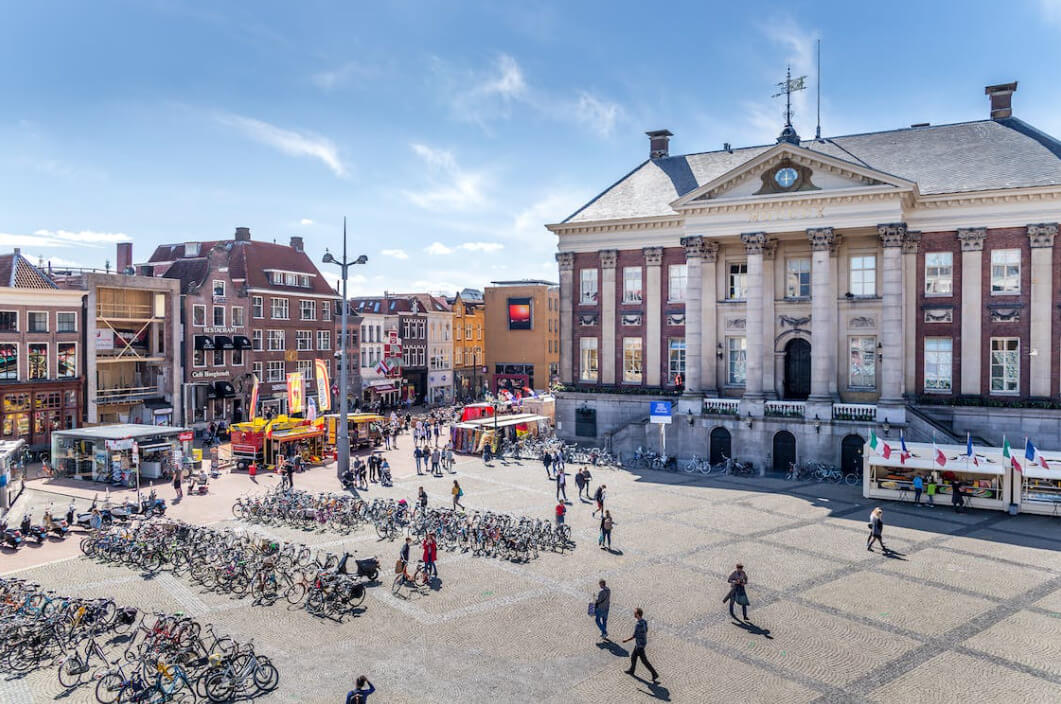PhD in Experimental Particle Physics with the LHCb Experiment

The Van Swinderen Institute for Particle Physics and Gravity invites applications for a PhD researcher position working on the LHCb experiment.
Searches for charged lepton flavour violation are powerful tools to advance our understanding and potentially discover hints of physics beyond the Standard Model. The LHCb experiment at CERN is uniquely equipped to study decays of heavy hadrons with high precision.
The prospective PhD researcher will take on a leading role in a search for lepton flavour violating decays of b hadrons with data collected by the LHCb experiment at CERN. In addition, the successful candidate will contribute to the development of the next upgrade of the readout system and thus to preparing the LHCb experiment for future data taking.
Organisation
Since its foundation in 1614, the University of Groningen has enjoyed an international reputation as a dynamic and innovative center of higher education offering high-quality teaching and research. Balanced study and career paths in a wide variety of disciplines encourage currently more than 33,000 students and researchers alike to develop their own individual talents. Belonging to the best research universities in Europe, the University of Groningen is truly an international place of knowledge.
Within the Faculty of Science and Engineering, this PhD position is embedded in the Van Swinderen Institute for Particle Physics and Gravity (VSI) whose aim is to study the fundamental forces of Nature with implications for our Universe, by connecting the physics at the Planck-scale (quantum gravity) via sub-atomic scales (particle physics) to cosmic dimensions. Both theoretical and experimental efforts are combined in three research frontiers: the cosmic frontier, the high-energy frontier and the precision frontier. VSI is a university partner of Nikhef, the Dutch National Institute for Subatomic Physics.
The selected PhD researcher will be part of the Nikhef LHCb research team in which the group in Groningen joins groups in Amsterdam and Maastricht. As a founding member of the LHCb collaboration, the Nikhef team has a long-term involvement in both detector construction as well as operations. It also has a strong record in physics data analysis, with focus on CP violation and rare decays of B mesons. Nikhef contributes in hardware to the Vertex Locator silicon detector and the Scintillating Fiber Tracker, and in software to the online reconstruction of events in the High Level Trigger.






